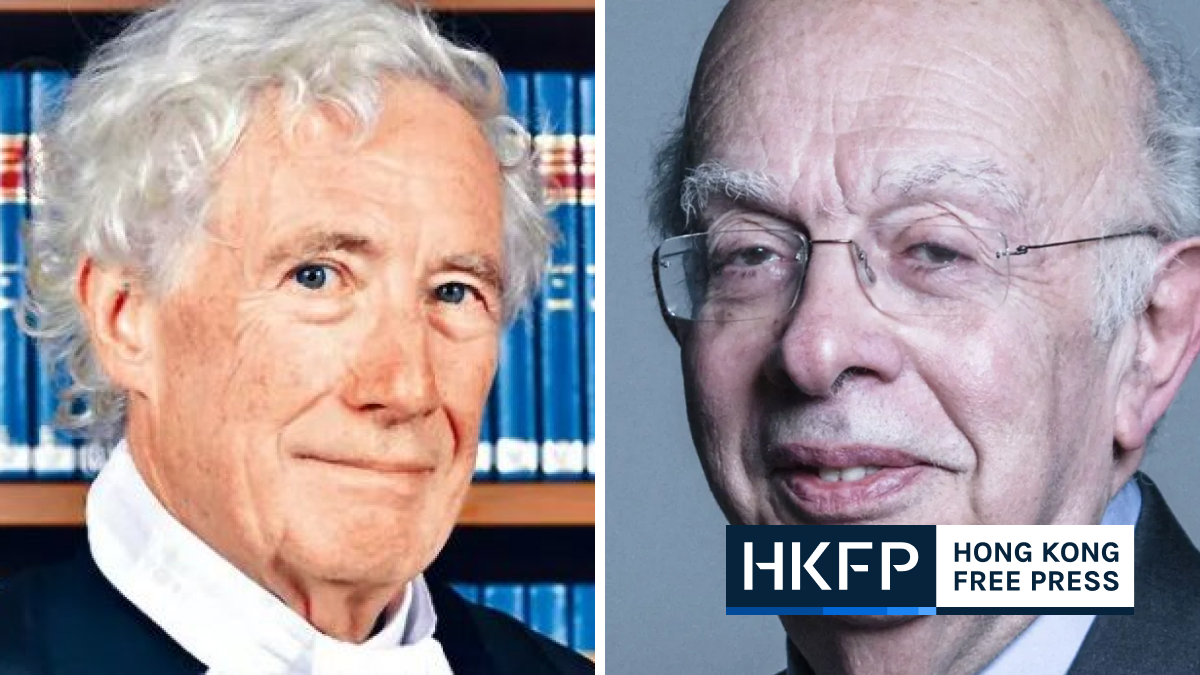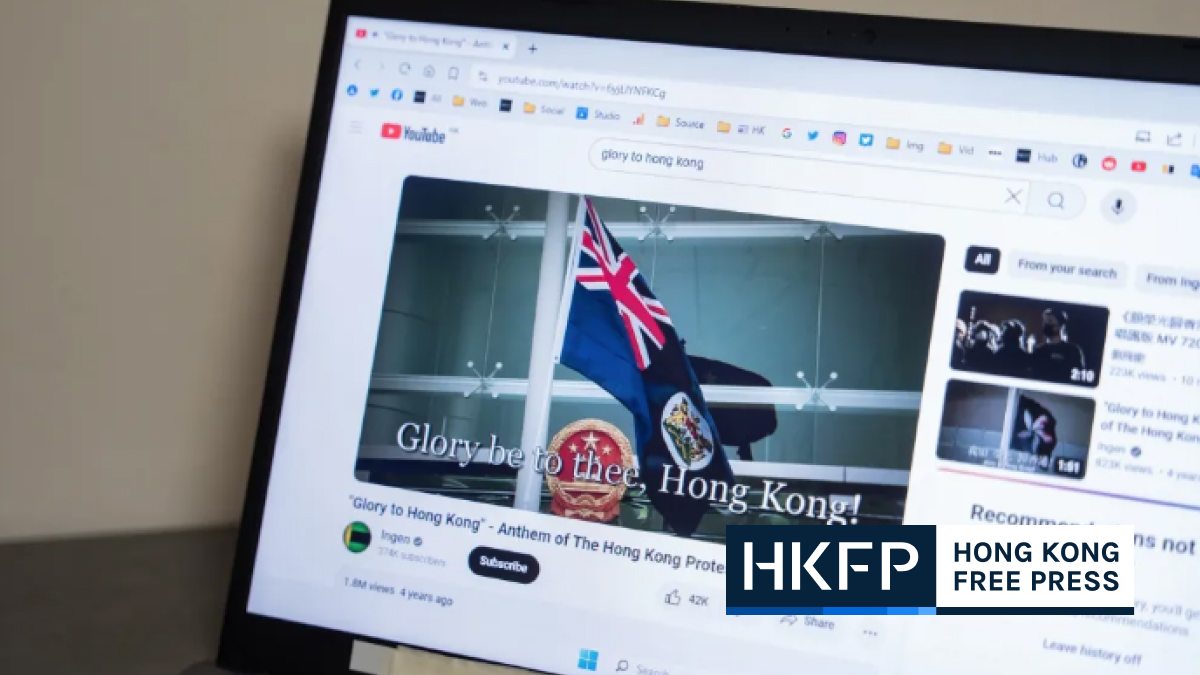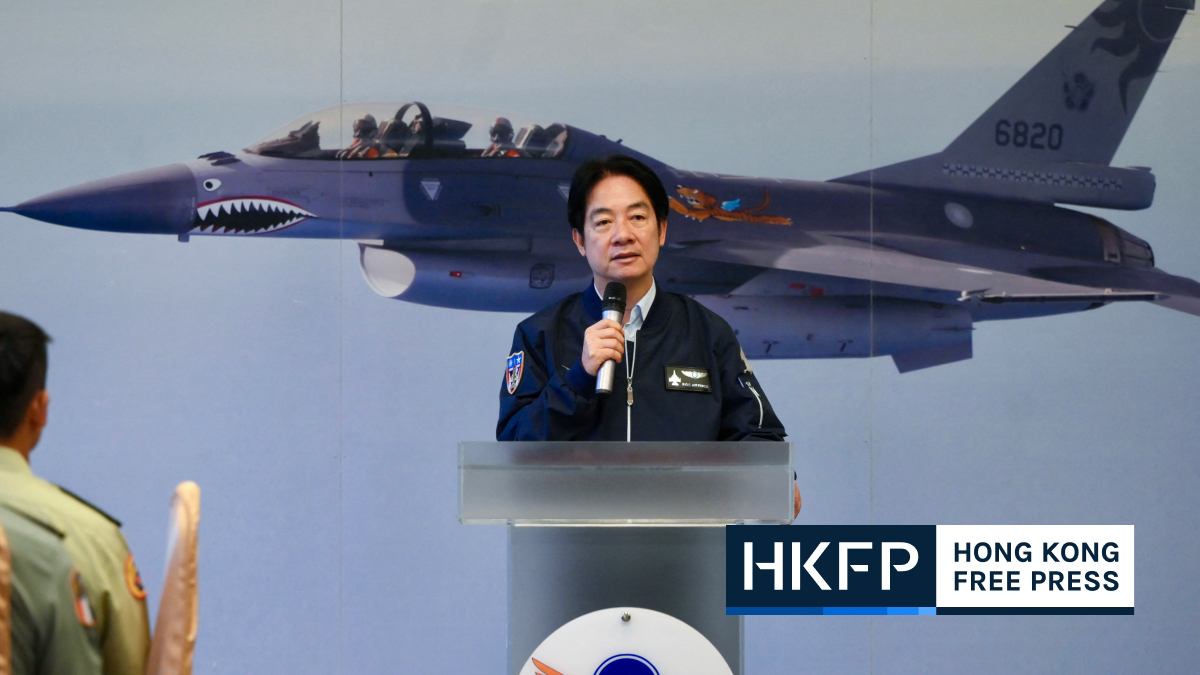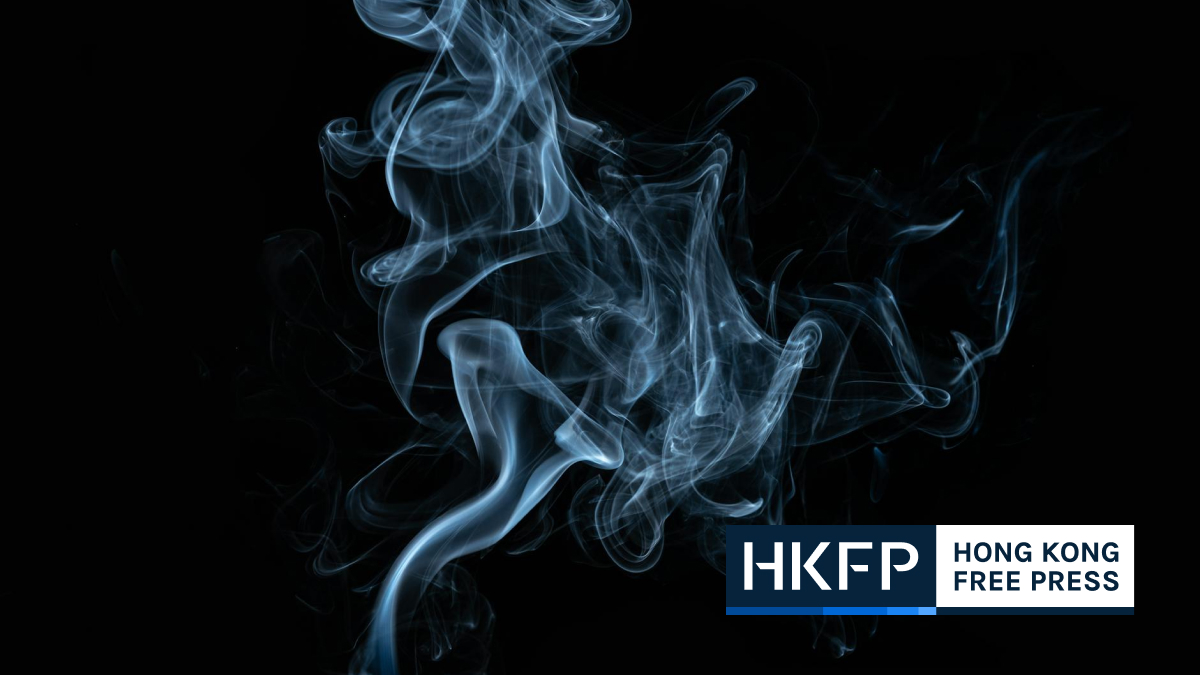As the only female member of Tsuen Wan District Council, Chan Kim-kam is eager to change what she sees as a top-down council culture which restricts discussions of gender-related issues.
In the past year, she says, she has found it hard to bring up such issues at meetings. Apart from the general atmosphere that prioritise the pro-democracy movement and its struggles, councillors also have their individual focuses.

Some politicians may stress community affairs while others put more effort into wrestling with the government’s Home Affairs Department, which oversees district councils.
“The situation is more complicated in the council… They focus on different issues and somehow gender and women’s affairs are marginalised issues,” Chan said.
These issues remain “absent and invisible” unless they are connected to the social movement.
Chan raised examples of alleged police brutality involving women. An unidentified woman aged 18 at the time alleged she was gang-raped by four police officers inside Tsuen Wan police station in September last year and later had an abortion.
Hong Kong police accused her of giving false testimony and said they were seeking her arrest.
This year, on the anniversary of the Prince Edward incident, a pregnant woman was pushed to the ground and pepper-sprayed during a police dispersal operation. A week later, a 12-year-old girl was knocked to the ground as she and her brother passed by a protest scene in Mong Kok.

Days later Chan and two other Tsuen Wan district councillors, Lester Shum and Ronald Tse, started a petition condemning the police for alleged excessive force. It was co-signed by nearly 100 other district councillors and gender activist groups. The petition questioned whether frontline officers are competent to make judgements during law enforcement operations which ensure the rights of children and women.
“Gender equality and the pro-democracy movement are not two separate issues. We want civil society to move towards equality and engage different social groups in the decision-making process,” she said.
Chan admits frustration with some of her colleagues and their narrow understanding of what women’s participation in politics means.
When she ran for chair of the council’s Social Service and Community Development Committee, another candidate with more experience tried to talk her out of it. He suggested that she become the council’s contact person with the government’s Women Commission — because she was the only woman member.

“It is very gender-unfriendly. This duty should not be assigned to me simply because of my biological sex,” Chan said.
Another of her suggestions — renaming the committee to include “women’s affairs” — was also rejected. The other councillor, who is now the committee chairperson, suggested it was enough to add “women” as a target group in one of the work groups.
“Gender issues deserve attention not just from women,” Chan said. “There are many gender- conscious males who are activists of this aspect.”
Her colleagues usually agree with policies benefiting women and gender minorities on welfare grounds. For instance, they are supportive of setting up a specialist clinic for grassroots women in the district health centre at Tsuen Wan, planned for 2022.
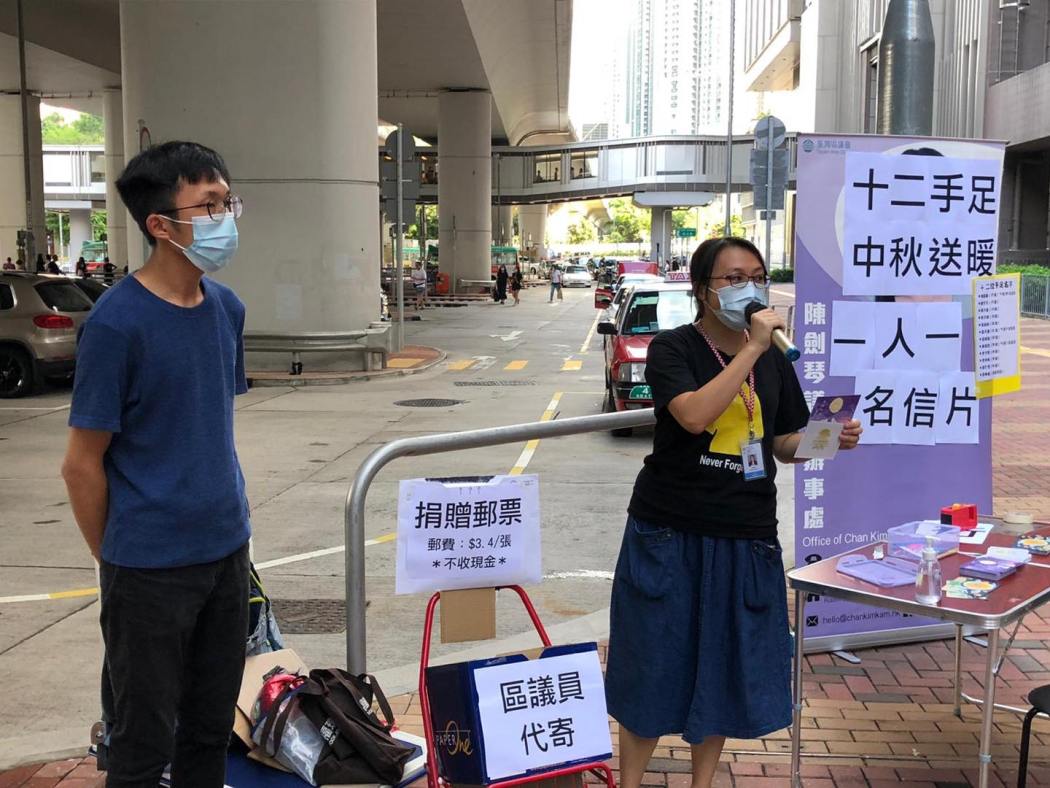
However, in her view, gender consciousness means more than simply annexing women as participants or service users. Rather, it should involve weaving in issues of concern into a mainstream framework.
“Unfortunately, they find that minor changes as such are good enough,” Chan said, citing a patriarchal ideology rooted in the culture of Hong Kong councils.
“There is a strong domination, top-down decision-making process. Majority rule means that the minority’s thoughts may be neglected.”
In addition, Chan said, existing rules and procedures have given chairpersons too much power, which is unhealthy for discussion. Chairs decide on anything from setting the roles and functions of committees to deciding whether a certain item should be on the agenda.

The composition of Tsuen Wan District Council is slightly different from others, she said. Even though democrats have a majority, members of longstanding parties still occupy most of the seats — while many young political novices have taken over other councils.
“Some councillor’s one word may be worth my hundreds words,” Chan said.
Budgeting is another top-down procedure which she wants to change by introducing participatory budgeting. Instead of the government deciding the amount to be earmarked for a certain item, participatory budgeting means community groups are consulted about how much they need to achieve their aims.

Chan also wants funds to compile gender-related statistics. Data obtained can be cross-analysed with poverty, health indexes and the political and social participation of citizens in her district, which will be useful in designing policies.
Before such studies can be conducted, Chan is taking baby steps to reach out to residents of her neighbourhood.
“Community building is not done by district councillors alone. It should be the people who nurture and strengthen community bonding in connecting with the place where they live.”
Support HKFP | Policies & Ethics | Error/typo? | Contact Us | Newsletter | Transparency & Annual Report | Apps
Help safeguard press freedom & keep HKFP free for all readers by supporting our team

LATEST FROM HKFP
HKFP has an impartial stance, transparent funding, and balanced coverage guided by an Ethics Code and Corrections Policy.
Support press freedom & help us surpass 1,000 monthly Patrons: 100% independent, governed by an ethics code & not-for-profit.





